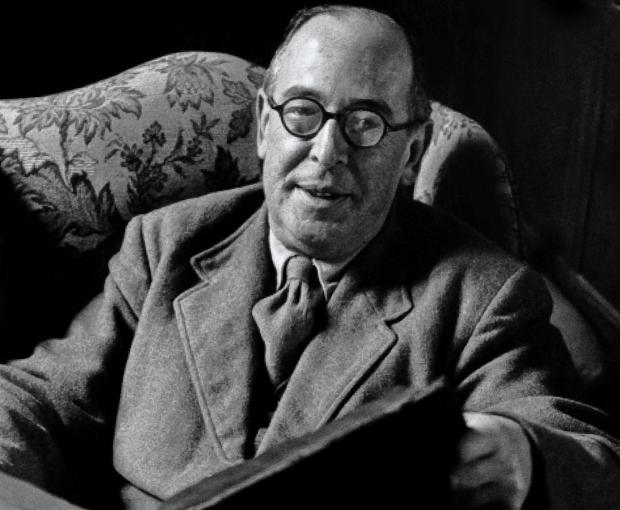“Like the finest apple tree in the orchard
is my lover among other young men.
I sit in his delightful shade
and taste his delicious fruit.”
Song of Solomon 2:3, NLT
Jesus is my apple tree. He keeps my dying soul alive.
Hs the subject of many different metaphors. We know Him as a shepherd, a door, and bread. There are many other ‘pictures’ in Scripture that speak of his ministry and life. There is one that strikes me today, that of Jesus Christ as a life-giving tree– an apple tree. Song of Solomon 2:3 and Revelation 22:1 are the ‘roots’ of this wondrous thought.
“On each side of the river grew a tree of life, bearing twelve crops of fruit, with a fresh crop each month. The leaves were used for medicine to heal the nations.”
Rev. 22:2
To think of Jesus as ‘the tree of life’ or an apple tree is both an honor to Him and a strength for us. We can swirl metaphors around all day and never exhaust their truths. Jesus, “the apple tree,” is seen imparting life and healing through His fruit. He is the source of everything good and grand in our lives. Eating His fruit is not only significant but encouraged.
The young maiden in Song of Solomon has given us her take on Jesus– her shepherd, lover, and king. She sees him as the finest in the forest. He provides shade to her, as she eats the fruit of his branches.
Oh, what a worthy picture of Jesus our savior. We can look at this all day. As we come to Him we can see the One who is gifting each of us his blessings. We do well to consider him this way. It honors Him.
There is a song, based on an anonymous poem, first appeared in a New England hymn collection by a New Hampshire preacher in 1784, so it has a history. Many people sing this as a Christmas carol, although there is nothing in the words that refer to Christmas. Go through each stanza. See if it fits you. Perhaps it will cause you to see Jesus in a new way.
Here is the poem in its entirety:
Jesus Christ, the Apple Tree
The tree of life my soul hath seen,
Laden with fruit and always green:
The tree of life my soul hath seen,
Laden with fruit and always green:
The trees of nature fruitless be
Compared with Christ the apple tree.
His beauty doth all things excel:
By faith I know, but ne’er can tell,
His beauty doth all things excel:
By faith I know, but ne’er can tell,
The glory which I now can see
In Jesus Christ the apple tree.
For happiness I long have sought,
And pleasure dearly I have bought:
For happiness I long have sought,
And pleasure dearly I have bought:
I missed of all; but now I see
‘Tis found in Christ the apple tree.
This fruit doth make my soul to thrive,
It keeps my dying faith alive;
This fruit doth make my soul to thrive,
It keeps my dying faith alive;
Which makes my soul in haste to be
With Jesus Christ the apple tree.
“Consider Jesus. Know Jesus. Learn what kind of Person it is you say you trust and love and worship. Soak in the shadow of Jesus. Saturate your soul with the ways of Jesus. Watch Him. Listen to Him. Stand in awe of Him. Let Him overwhelm you with the way He is.”
John Piper













